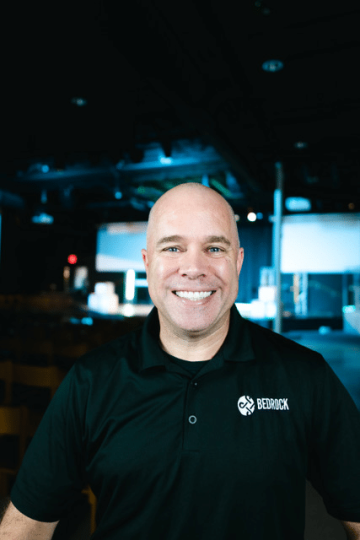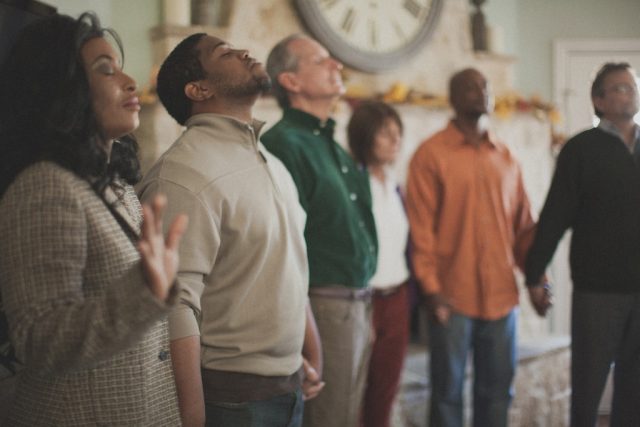Article
What Makes a Church Plant a Church?
To understand your role as a church planter, you must first understand the role of the church. Here are the primary marks of the church and what its people have in common.

Who is the Church?
If God’s calling you to plant a church, you know that’s more than just a worship service. You know that’s more than just finding a building. A church is not an event you attend. Church is not a place you go. And so, if God’s called you to plant a church, then what does that mean? We need to talk about what it is to have a working definition, an irreducible, minimum understanding of who the church is.
We should not be identified by what we do or where we meet, but instead by who we are. We find this idea in the book of Acts’ description of the church at Antioch. After the church’s birth, they had time to grow. Then, they began to experience persecution, and things begin to change. Acts 11:19 says, “Now those who had been scattered as a result of the persecution that started because of Stephen made their way as far as Phoenicia, Cyprus, and Antioch, speaking the word to no one except Jews.”
What we see is a church that is about to be birthed in that area, and there are two primary marks that I want to share with you as we develop a church-planting ecclesiology from this.
1. A People in Community
In Acts 11:20-21, it says, “But there were some of them, men from Cyprus and Cyrene, who came to Antioch and began speaking to the Greeks also, proclaiming the good news about the Lord Jesus. The Lord’s hand was with them, and a large number who believed turned to the Lord.”
So, now we see kind of the first characteristic of this community. It was a people in community, and they shared several things in common:
- The Lordship of Jesus (v. 21)
- Shared beliefs (v. 21)
- Shared values (v. 23)
- Shared purpose (v. 23)
- Shared leadership (v. 25)
- Shared worship (v. 26)
2. A Church on Mission
There are plenty of passages that talk about the church as the family of God, but there are also passages that talk about the body of Christ, the hands and feet of Jesus. The church was more than just a fellowship; it was a church on mission. Scripture continues on to say that a great number of people were added to this place—more and more people each and every day—because the church was sent to Antioch and people in Antioch heard the gospel and saw it lived out. Their numbers grew because they were there to be a sent as people of the light.
In Ephesians 3:10-11, it says that through the church, the manifold wisdom of God is made known according to the eternal purpose that’s now been realized in Christ Jesus. It’s been God’s forever plan that, through the church, the manifold wisdom of God would be made known. We are a sent people; that’s who we are.
Sent, but Separate
Acts 11:26 ends with saying, “The disciples were first called Christians at Antioch.” There was something different about this group that led them to be named in such a way. We are called to be holy. And so not only are we a sent people, we are to be a separate people.
God has placed you within a specific community to be light there—but also to be separate, to be holy in that community.




